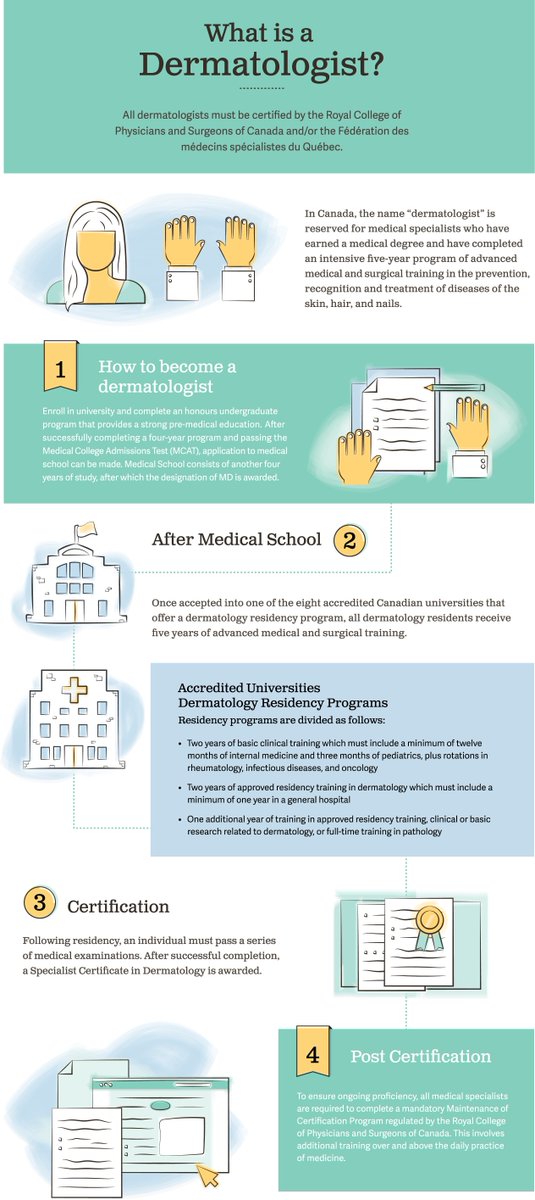Myths And Facts Concerning Acne: Debunking Common Misconceptions
Myths And Facts Concerning Acne: Debunking Common Misconceptions
Blog Article
Writer-Cullen Morse
You may think that enjoying delicious chocolate or oily foods is the root cause of your acne, yet that's simply among several misconceptions swirling around this typical skin problem. In fact, acne mostly originates from clogged hair follicles, not your last treat. https://www.kxan.com/investigations/having-plastic-surgery-heres-why-a-covid-19-test-could-delay-it/ like these can lead you to take on ineffective skin care techniques that may also aggravate your situation. As you navigate the facts behind acne, you'll discover insights that can transform your approach to skin care and assist you achieve clearer skin. So, what actually exists underneath the surface area?
Common Myths About Acne
When it concerns acne, many people rely on typical myths that can cause complication and disappointment. microneedling healing stages is that eating chocolate or greasy foods creates acne. While diet can influence skin wellness, the direct link between certain foods and acne isn't as clear-cut as several think.
coolsculpting men before and after is that you should scrub your face vigorously to improve outbreaks. In reality, aggressive rubbing can irritate your skin and get worse acne.
You might likewise think that acne just affects teens, yet grownups can experience it as well, typically as a result of hormonal adjustments or anxiety. Some individuals assume that tanning can improve acne, but sun direct exposure can actually cause skin damages and worsen outbreaks over time.
Finally, several believe that making use of rough products will certainly eliminate acne swiftly. However, these items can remove your skin of its all-natural oils, leading to raised irritation and more breakouts.
Scientific Information Behind Acne
Comprehending the clinical realities behind acne can encourage you to tackle this typical skin condition better.
Acne occurs when hair follicles end up being obstructed with oil, dead skin cells, and microorganisms. This procedure typically begins with an overproduction of sebum, the oil your skin normally produces. Hormone changes, specifically throughout the age of puberty or menstruation, can activate this excess oil.
Germs called Propionibacterium acnes flourish in these stopped up pores, bring about swelling. When your immune system reacts, it can trigger inflammation and swelling, resulting in those bothersome pimples or cysts.
Genes likewise contribute; if your moms and dads had acne, you might be a lot more susceptible to it.
Diet and stress degrees can affect acne too, however study is still developing in these areas. While delighting in oily foods won't directly create outbreaks, a well balanced diet regimen can support your skin health and wellness.
Also, managing stress can lower hormone variations that might get worse acne.
Tips for Taking Care Of Acne
Taking care of acne effectively calls for a combination of day-to-day skin care behaviors and lifestyle adjustments. Begin by establishing a constant skincare regimen. Clean your face two times a day with a gentle, non-comedogenic cleanser to remove dust and excess oil. Avoid rubbing as well hard, as this can irritate your skin and worsen acne.
Next off, incorporate products containing salicylic acid or benzoyl peroxide to help prevent breakouts. Constantly follow up with a light-weight, oil-free cream to keep your skin hydrated. Don't forget sun block; choose non-comedogenic options to shield your skin from UV damage without clogging pores.
Past skincare, pay attention to your diet. Restriction sweet and oily foods, and focus on fruits, vegetables, and entire grains. Staying hydrated is important, so drink lots of water throughout the day.
In addition, handle stress through activities like yoga, reflection, or workout, as anxiety can trigger outbreaks.
Finally, avoid selecting or popping acnes. This can result in scarring and further swelling. If your acne continues, seek advice from a skin specialist for tailored treatment choices.
Final thought
To conclude, it's essential to separate truth from fiction when it comes to acne. By exposing usual myths, you can much better understand your skin and make educated options for your skin care regimen. So, why remain to believe in out-of-date concepts when the reality can encourage you? Embrace healthier practices, focus on gentle cleansing, and remember that taking care of acne is a trip. With the right knowledge, you're one step more detailed to clearer, healthier skin.
